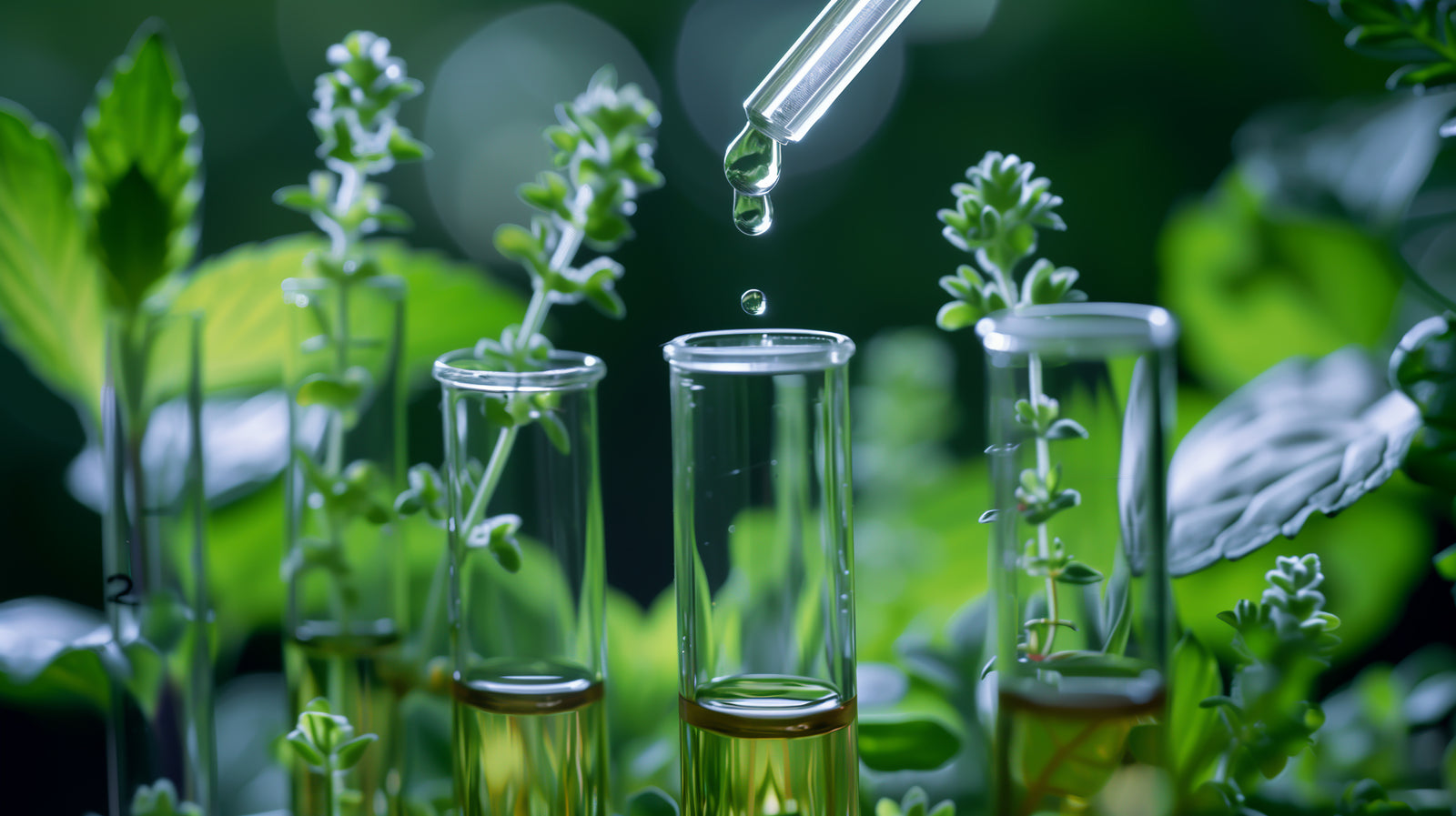Natural Alternatives to Adderall: Boosting Focus Without Prescription Medication

Adderall is often prescribed to treat mental health conditions like ADHD (Attention Deficit Hyperactivity Disorder) and for people who need extra focus. However, prescription medications aren’t the only option. Many people look for natural ways to stay sharp, focused, and energized without relying on a pill, especially since certain antidepressant medications and prescriptions can have side effects. Fortunately, there are natural alternatives that don’t require a prescription and come straight from brain science. Let’s explore these options!
1. Exercise: Moving Your Body to Boost Your Brain
Exercise is one of the best ways to improve focus and concentration. Studies show that physical exercise releases chemicals like dopamine and serotonin, which are crucial for focus, mood, and energy. This helps reduce symptoms of MDD (Major Depressive Disorder) and other mental health conditions, as it combats negative thoughts and supports emotional health.
Exercise also benefits people dealing with depression, including MDD and mood disorders, which are types of depressive disorders. Regular physical activity reduces risk factors linked to depression, as it can prevent symptoms of MDD from worsening.
Try this: Commit to daily activity, like a 20-minute walk or quick dance session at home.
2. Mindfulness and Meditation: Training Your Brain to Focus
Mindfulness and meditation can significantly improve focus and help manage stress. Research shows that meditation changes how your brain functions, making it easier to ignore distractions. Plus, it reduces stress, which can otherwise increase the risk of feeling overwhelmed and trigger depressive disorders, including MDD.
Try this: Spend five minutes each day focusing on your breath, gradually increasing your meditation time to help boost focus and lower stress.
3. Sleep: The Ultimate Brain Booster
Good sleep is essential for brain function. During sleep, the brain cleans out waste, stores new memories, and restores energy for the next day. Poor sleep can contribute to clinical depression and increase the risk of symptoms of major depressive disorder, as well as mood disorders.
Lack of sleep can also impact those with medical conditions like anxiety or depression. Studies have shown that insufficient sleep can raise the risk of suicide, especially in those with existing mental health conditions.
Try this: Set a regular bedtime and avoid screens at least 30 minutes before bed to improve your sleep quality.
4. Nutrition: Feeding Your Brain Right
Nutrition is key to focus and brain health. Foods rich in healthy fats, protein, and antioxidants are great for energy and mental clarity. Leafy greens, fatty fish, nuts, seeds, and blueberries all support brain function, reduce loss of interest, and may help manage symptoms of MDD.
Try this: Include these brain-friendly foods in your diet by swapping out chips for nuts or snacking on berries instead of candy.
5. Natural Supplements: Safe Brain Boosters
Certain natural supplements can boost focus without the risks of prescription medications. While they’re not replacements for treatment options like therapy or medication, they can be effective when paired with healthy habits.
- L-theanine: Found in green tea, L-theanine promotes calm focus without jitters.
- Rhodiola Rosea: This herb has been used for centuries to reduce fatigue and increase alertness, both of which can support focus.
- Omega-3 fatty acids: Essential for brain function, omega-3s are helpful for focus and may also reduce symptoms of MDD and support those with mood disorders.
As with any supplement, talk to a doctor before starting, especially if you’re already taking medications, as natural supplements can have side effects and may interact with other treatments.
Try this: Start with green tea for a natural boost or ask your doctor if omega-3 supplements might be right for you.
6. Breaks and Pomodoro Technique: Working Smarter, Not Longer
The Pomodoro Technique involves working for 25 minutes, followed by a 5-minute break. This technique helps prevent burnout, making it easier to stay focused for the long term. Taking short breaks keeps the brain refreshed and can prevent overworking, which might increase the risk of mental fatigue.
Try this: Use a timer to work in 25-minute bursts and see how much more focused you feel.
7. Environment: Creating a Distraction-Free Zone
Your surroundings can make or break your focus. A cluttered workspace can be distracting, while a clean, organized space makes concentrating easier. Studies show that a tidy environment can improve productivity and reduce stress, which can also help prevent depressive disorders from worsening.
Try this: Keep your workspace tidy and free from distractions, using noise-canceling headphones if necessary.
8. Setting Small Goals: Aiming for Little Wins
Breaking down big tasks into smaller steps makes it easier to stay motivated and focused. Each small win releases dopamine, helping with mood and focus and reducing negative thoughts. This can be helpful for those managing mood disorders and symptoms of MDD, as small accomplishments make larger tasks feel more doable.
Try this: Write down three small tasks each day and focus on completing one at a time.
9. Connecting with People: Positive Social Interactions
Positive social connections boost mood and reduce stress, which can help with focus. Spending time with friends and family releases oxytocin, a hormone that makes people feel happier. Good social interactions can be helpful in preventing suicide attempts and in offering hope and help to those struggling with depression including MDD.
Try this: Schedule regular time with friends or family, even if it’s a quick chat.
10. Learning a New Skill or Hobby: Engaging Your Brain
Learning new skills strengthens the brain and improves focus. Hobbies like learning a language, playing an instrument, or solving puzzles can support mental health by providing enjoyment, focus, and new challenges. For those dealing with depressive disorders, finding engaging hobbies can bring new meaning and reduce loss of interest.
Try this: Choose a hobby or skill that interests you, and set aside time each week to practice it.
Wrapping Up
Prescription medications like Adderall may be necessary for some, but natural habits like exercise, nutrition, and mindfulness can make a big difference in supporting focus and mental health without relying on medication. Small, steady lifestyle changes can reduce stress, improve mood, and support mental clarity, which may help with treating depression and managing symptoms of major depressive disorder.
If you or someone you know struggles with depression—including thoughts of death or suicide or persistent loss of interest—don’t hesitate to get help. There are many treatment options, from therapy (like cognitive behavioral therapy, or CBT) to medication, to help you manage these symptoms. Talking to someone or reaching out to a friend can make a huge difference. In an emergency, always call 911. Remember, there’s hope and help, and with the right support, anyone can take steps to live healthier and feel better.









Leave a comment